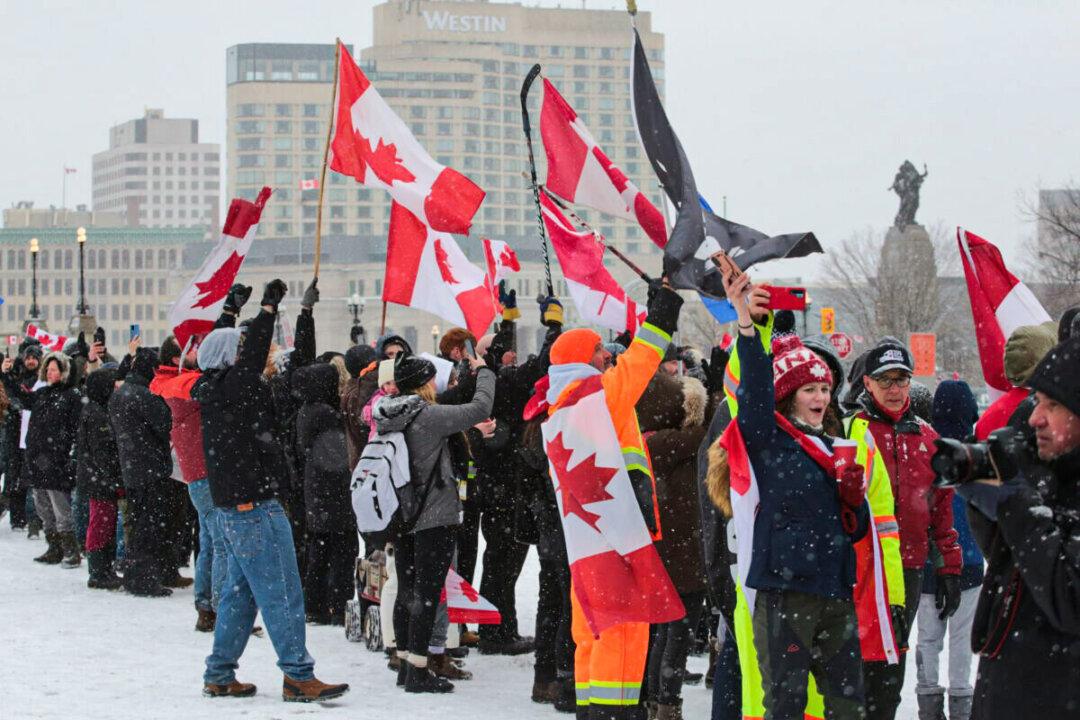Emails from government and Canadian Armed Forces’ (CAF) officials regarding soldiers and military members who were in favour of the Freedom Convoy protest in Ottawa in February show that officials condemned any military member supporting the protest.
The emails, now public, were submitted as part of the inquiry into the invocation of the Emergencies Act to quell the convoy protest.





